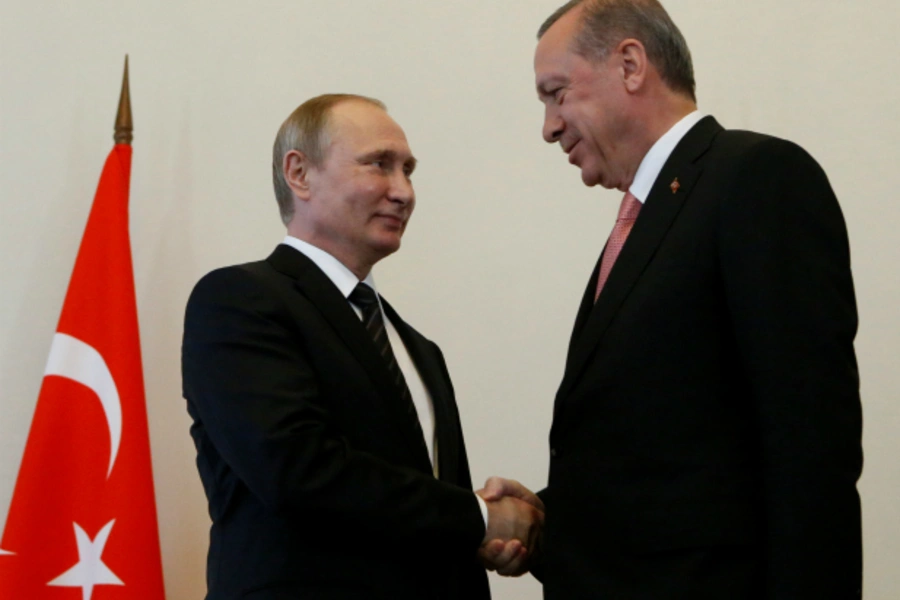Turkey Is No Longer a Reliable Ally

This article was originally published here in the Wall Street Journal on Thursday, August 11, 2016.
The meeting this week between Turkish President Recep Tayyip Erdogan and Russian President Vladimir Putin and their vow to expand bilateral relations is the latest sign of deteriorating U.S.-Turkish relations since Turkey’s failed coup last month.
More on:
The U.S. and Turkey have faced difficult days before, such as after Turkey’s 1974 invasion of Cyprus and the 2003 American invasion of Iraq, yet American and Turkish leaders managed to find their way back. This time will be different.
Since Turkey joined NATO in 1952, the U.S. and Turkey have contributed to each other’s security and interests, and ties were cemented based on shared values as Turkey became more democratic. U.S. forces and tactical nuclear weapons at Turkey’s Incirlik air base represented the American commitment to Turkish security and Ankara’s support to a Washington-led global order.
These days, however, the U.S. and Turkey see eye to eye on very little. The two countries are at odds over Syria and the urgency of removing Syrian President Bashar Assad; over support for Syrian Kurds who, in contrast to the Turks, have proved to be reliable U.S. partners in the fight against Islamic State; over the territorial sovereignty of Iraq; and over continuing sanctions on Iran.
Though American officials privately acknowledge that Mr. Erdogan is “erratic,” they have given the Turkish leader extraordinary leverage over U.S. policy. The U.S. fear is that public pressure will result in even less cooperation from Ankara—especially on Syria.
No issue demonstrates the divergence better than the drama over Incirlik air base.
More on:
Continue reading here...
 Online Store
Online Store